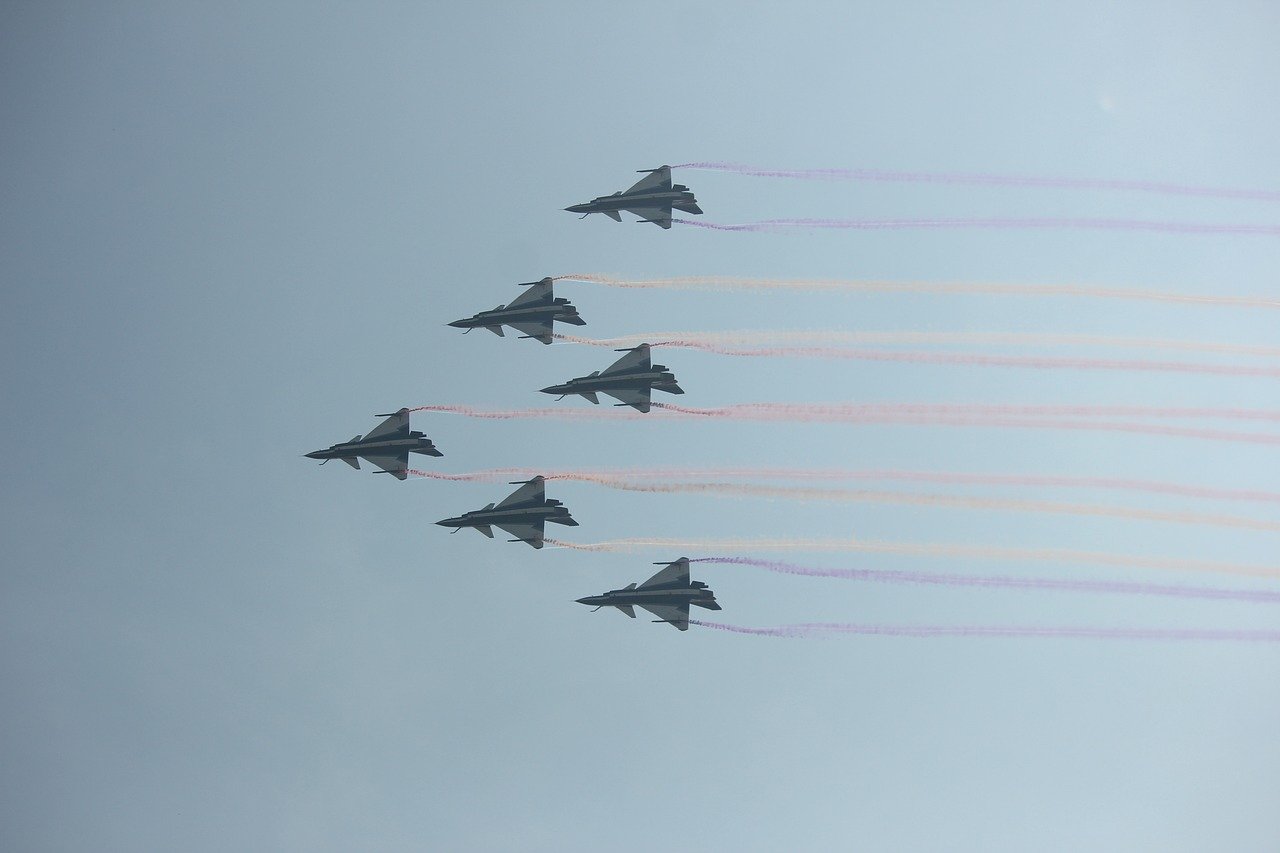Last updated: 12 December 2024
DEFENCE AND SECURITY PROCUREMENT
Key legal provisions
In the current security context and in line with Romania's national strategy to modernize the military and enhance production capacities in the defence industry, a new domestic legislative framework for operations related to defence and security procurement was adopted at the end of 2023. The new framework introduced significant changes to the previous regulation of offset operations associated with procurement contracts aimed at technological upgrades in the national defence and security sectors.
In 2024, this legislative framework was strengthened by the publication of the Enforcement Norms for the implementation of GEO no. 124/2023. These norms provide clarifications regarding the initiation of the process of analysis for determining whether it is necessary to impose technological and industrial cooperation obligations, as well as the specific application of offset multipliers depending on the nature of the operations. They also provide guidance on the essential documents required to carry out procurement procedures in the national defence and security fields.
Technological and industrial cooperation operations
Unlike the previous regulation, GEO no. 124/2023 has significantly restricted the eligible operations for technological and industrial cooperation in public procurement, where the Supreme Council of National Defence (CSAT) and ARCTIS have imposed this obligation.
Thus, these operations can currently take the following forms:
- technology transfer, including the transfer of know-how, technical assistance, and other activities related to the transfer of technology;
- R&D cooperation aimed at the production of new materials, products and installations, as well as substantially improving existing equipment;
- subcontracting, meaning the production by a Romanian economic operator of part or components of the equipment covered by the public procurement contract. Subcontracting also includes the maintenance of the purchased equipment;
- export of equipment.
For each of the technological and industrial cooperation operations mentioned above, a unique offset multiplier is applied, namely:
- For technological transfer, a maximum offset multiplier of 5.00 applies;
- For R&D cooperation, a maximum offset multiplier of 4.00 applies
- For subcontracting, a maximum offset multiplier of 2.00 applies
- For the export of products, services, and works, a maximum offset multiplier of 2.00 applies.
GEO no. 124/2023 provides for the range for determining the value of operations for technological cooperation, which is between 20% and 100% of the amount of the public procurement contract. The percentage is set by the CSAT and proposed by the contracting authority and ARCTIS.
The invitation for participation and the award of the public procurement contract
Defence purchases abide by procurement procedures under the specific legislation or by concluding government-to-government type contracts.
In procurement procedures, the contracting authority must include in the award documentation the specific requirements for technological and industrial operations, as approved by the CSAT. Additionally, the contracting authority must inform ARCTIS about the economic operators who have qualified for the final stage of the procedure.
In government-to-government contracts, ARCTIS must be notified at least 60 days prior to the Government’s awarding the contract to a foreign government.
The plan for technological and industrial cooperation
Each economic operator selected in the award procedure must draw up a plan for technological and industrial cooperation, indicating the proposed operations and how they will be implemented. This plan is to be filed within the 10 days since receipt of the invitation for signing the technological and industrial cooperation agreement sent by ARCTIS .
The plan for technological and industrial cooperation is annex to the Agreement for technological and industrial cooperation.
The plan is signed in maximum 30 days since the entry into force of the Agreement for Cooperation, and, as provided under art. 8 of the Enforcement Norms, must include:
- The amount of the obligation relating to technological and industrial cooperation;
- The technological and industrial cooperation multipliers applicable to each cooperation operation;
- The amount of the performance bond of the agreement issued by the bank;
- The value thresholds for compliance with the contractor’s technological and industrial cooperation obligations, as per the timeline approved by ARCTIS
The agreement of technological and industrial cooperation
The agreement for technological and industrial cooperation shall be signed before the Public Procurement Contract with the economic operators having qualified for the final stage of the award procedure, under condition precedent of being awarded the procurement contract.
In government-to-government contracts, the agreement for technological and industrial cooperation is signed before the government-to-government contract / agreement is concluded with each economic operators designated by the partner government, conditional upon the signing of the government-to-government contract / agreement.
The entry into force of the agreement: at the date of signature of the procurement contract or at a later date provided thereunder.
The duration of implementation of the agreement: is established by ARCTIS upon signature of the agreement, to a standard duration of 8 years (the duration of the procurement contract). Exceptionally, ARCTIS may extend this duration upon written request of the contractor, by addendum and subject to CSAT approval for over 2-year extensions.
Evaluation of performance of the technological and industrial obligations
ARCTIS shall carry out the evaluation in accordance with the terms of the agreement seeking to check how the Romanian beneficiary fulfilled their obligations related to technological and industrial cooperation based on the documentation required. The contractor may attend the evaluation process as observer and be informed of the progress and the conclusions thereof.
Once the evaluation is completed, ARCTIS shall inform the contractor about the results and may take appropriate steps according to the contractual terms or the applicable legislation, including to apply penalties or other corrective actions for ensuring compliance with the obligations undertaken under the agreement of technological and industrial cooperation.
